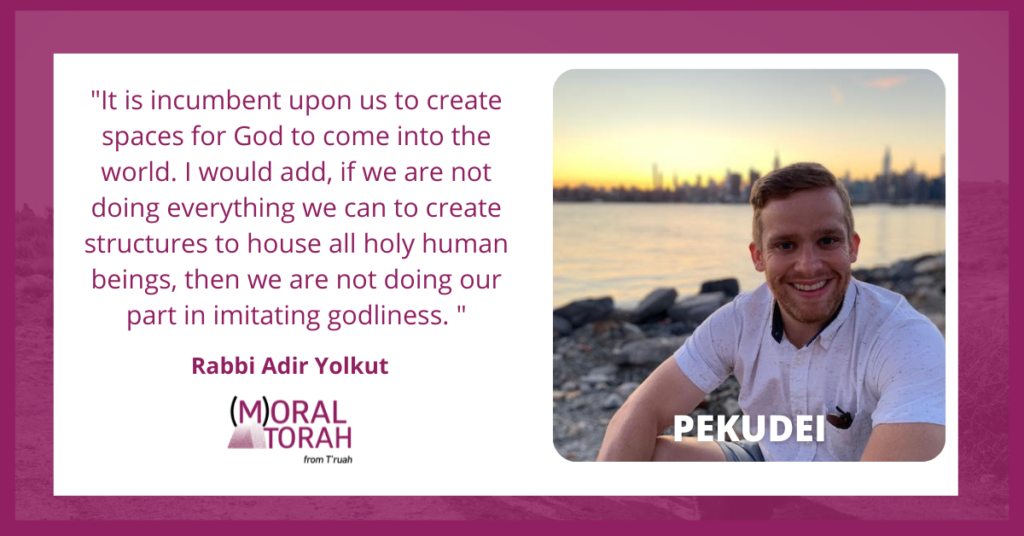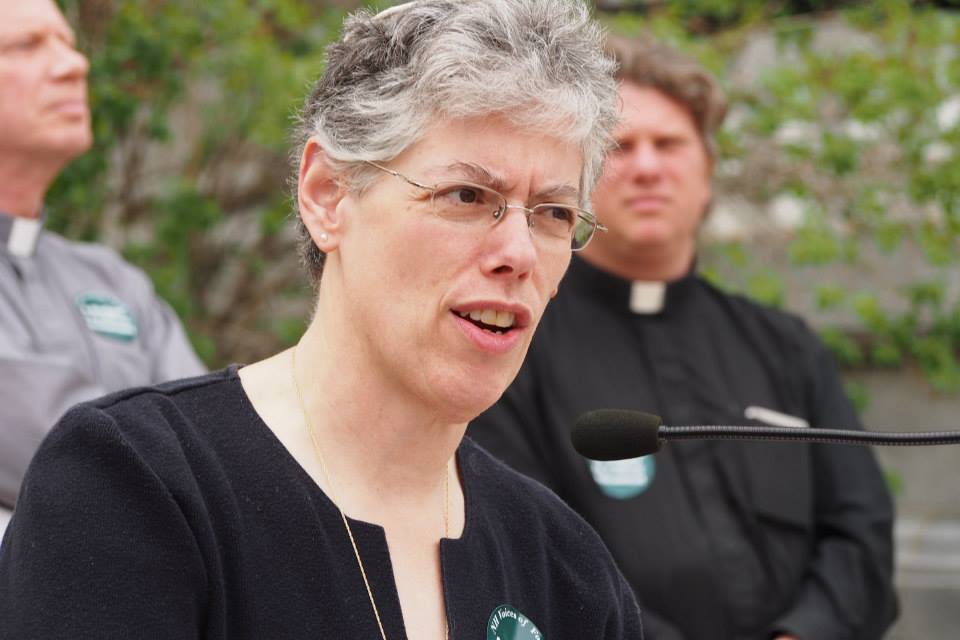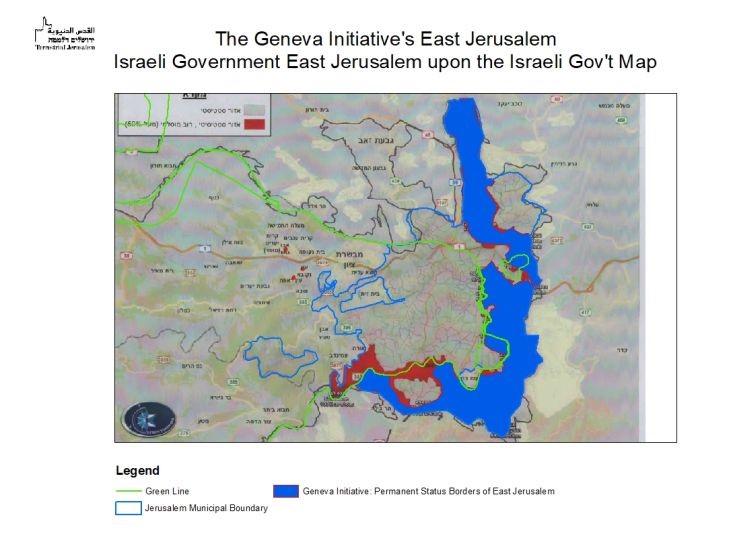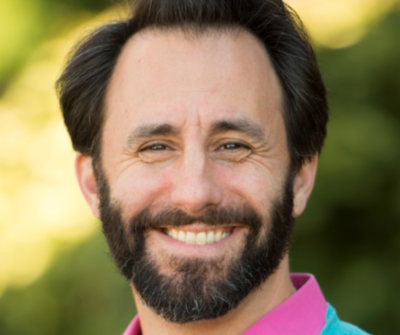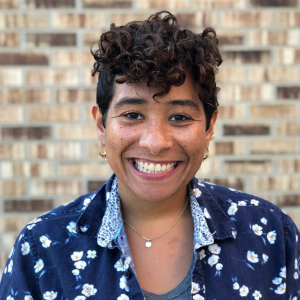
Every Person Counts? (Parshat Bamidbar)
Commentary on Parshat Bamidbar (Numbers 1:1-4:20) Our Torah portion opens with the taking of another census of B’nai Yisrael – the Children of Israel – this time “listed by their clans, ages 20 years and up, all those in Israel who are able to bear arms…” (Num. 1:2) This is census number three since the...
read more

